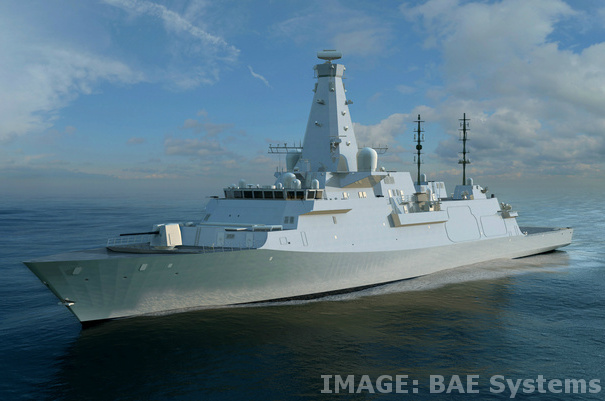Audit broadsides boat buying
 An audit of Australia’s $45.6 billion Hunter class frigate project has highlighted a flawed procurement process.
An audit of Australia’s $45.6 billion Hunter class frigate project has highlighted a flawed procurement process.
Hunter class ships are coming in to replace the Anzac frigates that have been in service since 1996. The new vessels are being designed by BAE Systems and built by ASC Shipbuilding.
Their role is to provide the Royal Australian Navy with an advanced anti-submarine warship vessel - featuring aspects of BAE’s Global Combat Ship but with locally built radar - as well as propping up Australia’s sovereign naval shipbuilding industry by creating 4,000 jobs nationally.
The Hunter class is meant to be built from locally-produced steel. However, they were commissioned well before the AUKUS pact was announced, and there is now concern that the Hunter ships will need to be changed in response to the newly-announced procurement of nuclear-powered submarines.
The Australian Department of Defence's management of its procurement process for the Hunter class frigates comes under scrutiny in the new report.
It finds that while some aspects of the process have been effective, others have been lacking, including a failure to prioritise value for money and a lack of record-keeping.
In particular, the report highlights issues with the limited tender process for the ship design, which did not assess the value for money of competing designs.
The lack of design maturity has led to an 18-month delay in the project, costing the Defence Department an additional $422.8 million.
Despite the establishment of largely fit-for-purpose contracting arrangements and contract monitoring and reporting mechanisms, the report found that Defence's expenditure to date has not been effective in delivering on project milestones.
The report calls for greater transparency and accountability in the procurement process, including the need for officials to conduct a value for money assessment and document the rationale for their decisions.
The audit suggests Defence does not know what the Hunter class frigates will ultimately cost.
“As of March 2023, while Defence had advised portfolio ministers that the program is under extreme cost pressure, it had not advised government of its revised acquisition cost estimate, on the basis that it is still refining and validating the estimate,” the audit report says.
Defence has responded, saying it “is committed to complying with statutory record-keeping requirements”.
“Defence notes that the Hunter class frigate project has over 730,000 documents (more if the multiple versions of documents as they are amended over time are included) within its Records Management System. Of the thousands of documents identified and requested by the ANAO, less than 10 documents were unable to be located across the department,” the department said.
“Defence ensures all procurement advice to government on major acquisition projects includes the basis and rationale for proposed decisions, including value for money and whole-of-life cost estimates, and contends that this did occur in relation to the Hunter class frigate project.”








 Print
Print